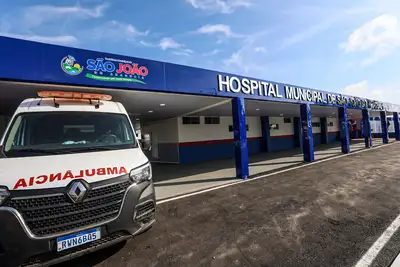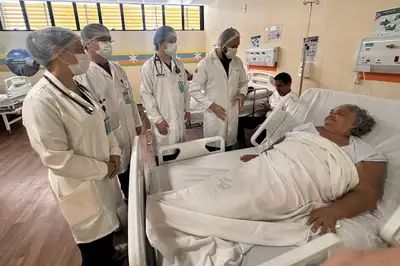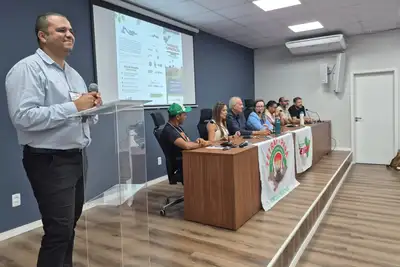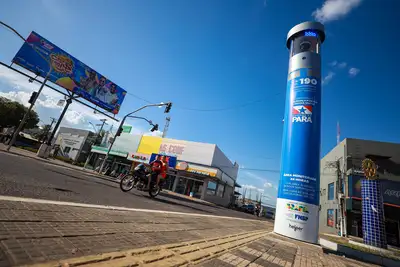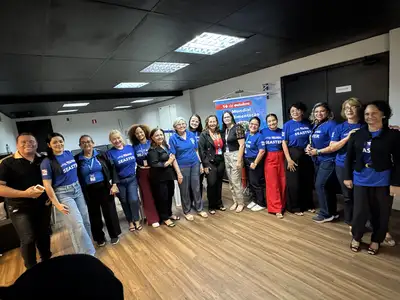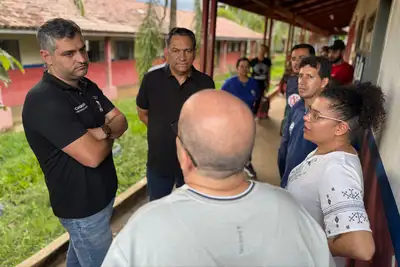Executive Table of Bioeconomy Discusses Valuation of Amazonian Açaí
With collaborative action, the Tables are spaces for proposals that generate income, value the forest, and position Amazonian products in the market
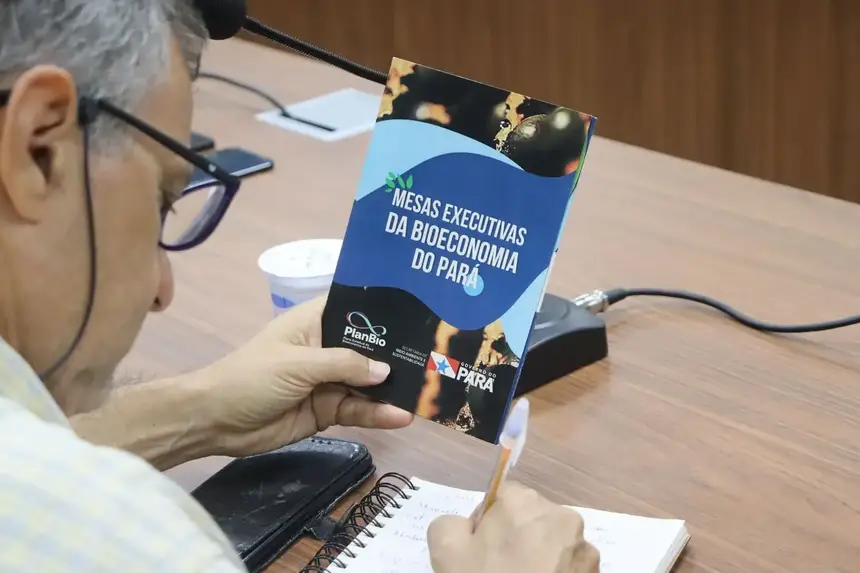
The second meeting of the Executive Table of Bioeconomy held on Friday (18) brought together representatives from the productive sector, companies, and specialists to discuss challenges and propose solutions aimed at the processing and export of açaí, one of the main products of Amazonian sociobiodiversity.
Among the central themes was the need to strengthen the international narrative of açaí as a sustainable product of Amazonian origin. As a follow-up, a working group was suggested to develop an initial proposal for the classification of açaí products, as well as a technical meeting to discuss the scientific parameters of this standardization.
“Building solutions to strengthen the açaí chain requires dialogue between government, the productive sector, and communities. The second meeting of the Executive Table reinforces our commitment to a bioeconomy that generates income, values the standing forest, and strategically positions Amazonian products in the international market,” stated Camille Bemerguy, Deputy Secretary of Bioeconomy at Semas.
Initiative - the Executive Tables of Bioeconomy are spaces for collaborative governance organized by the Secretary of Environment, Climate, and Sustainability (Semas) of Pará, aimed at identifying and overcoming obstacles in the productive chains of sociobiodiversity.
The first Table in the series also focused on açaí. More than 40 representatives from the productive sector, academic institutions, and social organizations participated to diagnose regulatory, logistical, and commercial bottlenecks, as well as to stimulate innovation and access to new markets. This format had already been successfully tested in the Brazil nut chain, where the Tables generated a 424% increase in exports and doubled the international presence of companies. The initiative follows a schedule of regular meetings, aiming to strengthen the global competitiveness of Amazonian products with a focus on sustainability and regional development.



